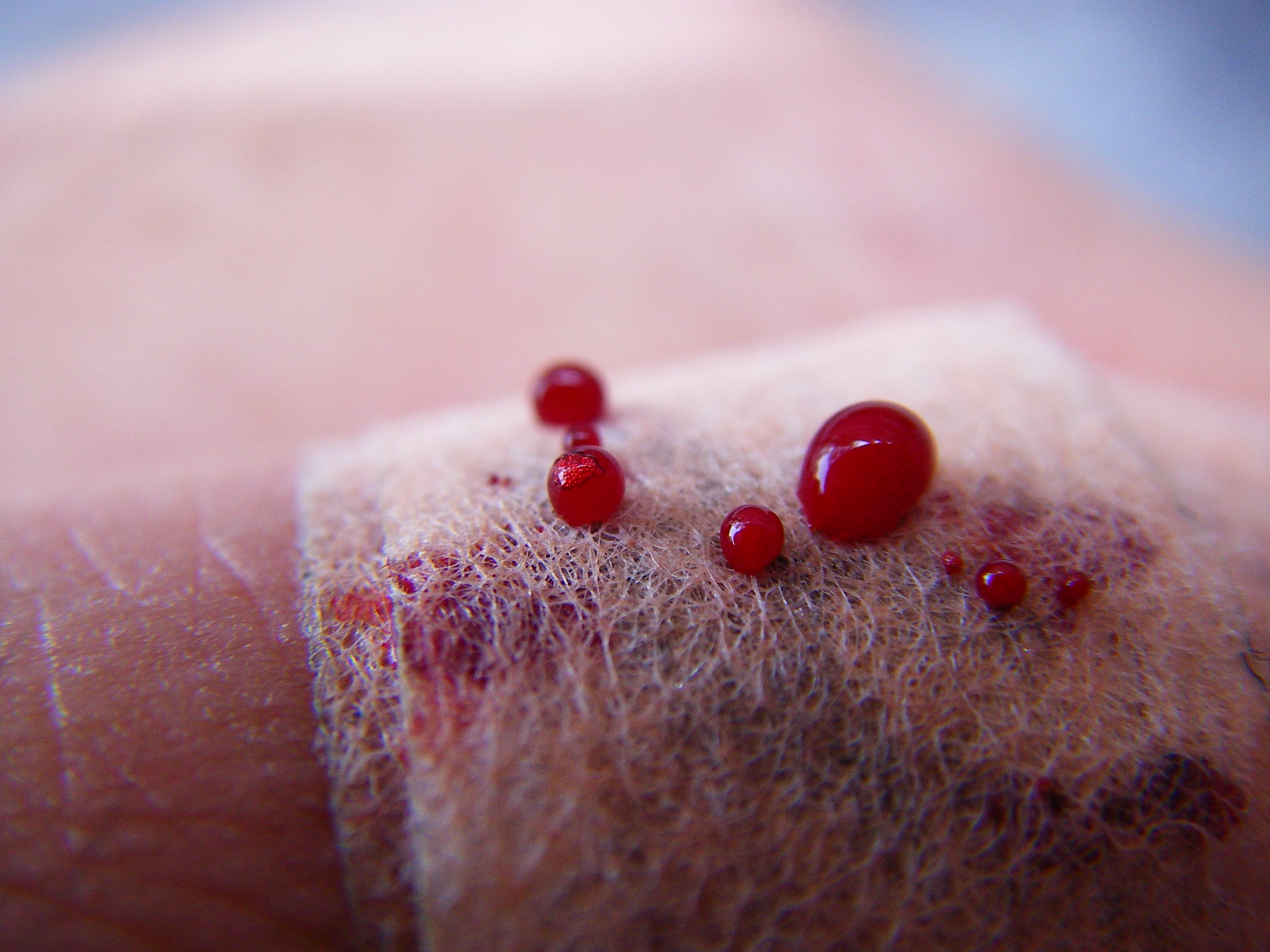Throughout my third-year of medical school, every time I got ready to draw a patient’s blood I went through the same steps: (1) print the labels, (2) grab the supplies and (3) take deep breaths while telling myself “I can do this.” Repeat step three as many times as necessary. After spending nearly a lifetime as a Type A perfectionist who struggled with developing new skills, I had spent the last several years trying to adopt a policy of “practice makes progress.” I have learned to accept the fact that being bad at something is often the first step towards being good at it. When clinical rotations first began, they seemed like the perfect way to put that personal growth to the test. Forgot to ask a patient for certain information? Make a little note and remember to ask it in future encounters. Need to work on patient one-liners or note writing? Get feedback and do better next time. Everything was going well until opportunities arose to draw blood from patients.
Before sending medical students out into the world to begin training, my school provided me and my peers with a crash course in clinical skills from donning and doffing, to suturing, to drawing blood. We practiced on rubber arms with dyed-liquid-filled veins working on the concepts and being assured that once rotations started we would be learning by doing. I did not know yet what a hard time I would have with that process. Once rotations began, the reactions to my concerns about drawing blood fell into an almost predictable pattern. When the topic of drawing blood came up, I would express my concern and my fears that I was not ‘good enough’ at the skill. Kind peers, willing to help, would eagerly offer up their arms pointing out particularly easily accessible vessels. Under their guidance, I would successfully draw their blood and get excitedly congratulated and told I was perfectly ready to draw blood from patients. Each time, however, I did not know how to adequately express my problem.
My biggest problem was the difference between drawing blood from another student who volunteered and was an ‘easy stick’ versus drawing blood from a patient who sat before me seeking care and my expertise. My problem was the irony that I would not be as good as I wanted until I had had enough practice and would learn by practicing on patients. Despite all I had studied and prepared in my first couple of years of medical school and the years prior, I was not prepared for the concern and discomfort I would have with the practice of medicine.
Since I completed most of my core rotations at a city hospital, blood draws followed me throughout my third year. My fear of drawing blood followed me and often directly led to my struggle to succeed or improve. When I realized I would again have to draw blood at the start of fourth year, I felt equal parts hope and dread. Though nervous and hesitant at first, an intern advised that “all you need is a stretch of good luck to help you get started and make you believe in yourself.” My new steps became ‘stay calm … find a vein with a good spring … anchor the vessel … move swiftly at just the right angle for the vein’s depth … and look for the flash.’ Now, each time I attempt a blood draw, these instructions echo in my head instead of my own usual self-doubt. The more I believe I can do it, the better I do and the more I want to continue practicing. I can only hope that the more I continue practicing, the more I will continue to improve and the more my current and future patients will benefit from my progress.
Medical students and trainees are put in an incredibly unique position. As “lifelong learners,” we are constantly practicing and trying to improve for the good of our patients and the betterment of our field. I now have a better understanding of the patience and self-belief that will play vital roles in overcoming hurdles as they arise. Like every other skill we develop as students and trainees, discovering faith in ourselves and our abilities is a skill we must frequently practice. Over time, practice makes progress and ensures the best care for both current and future patients.
Image credit: “blood” (CC BY-NC-ND 2.0) by AngeloSu


